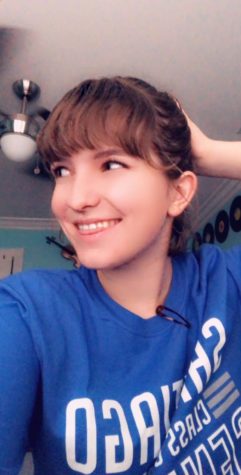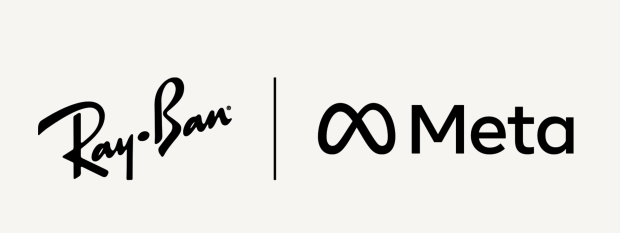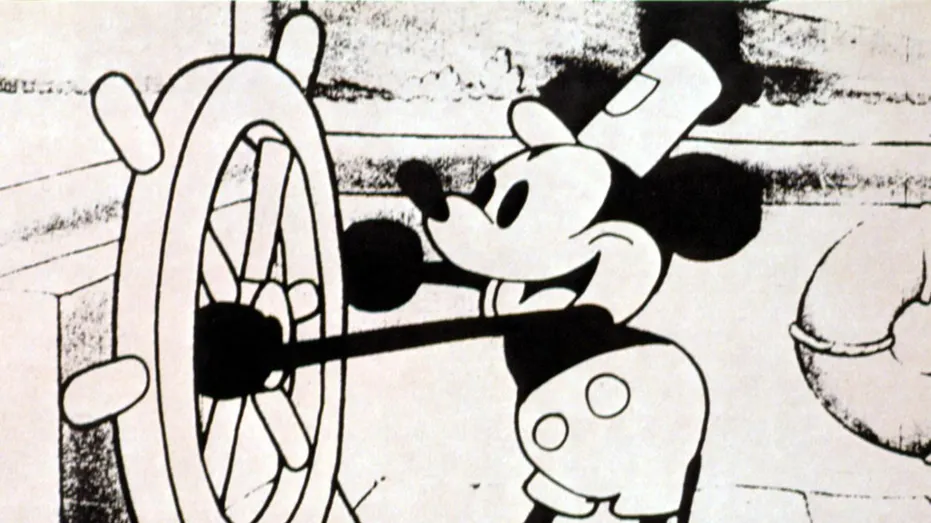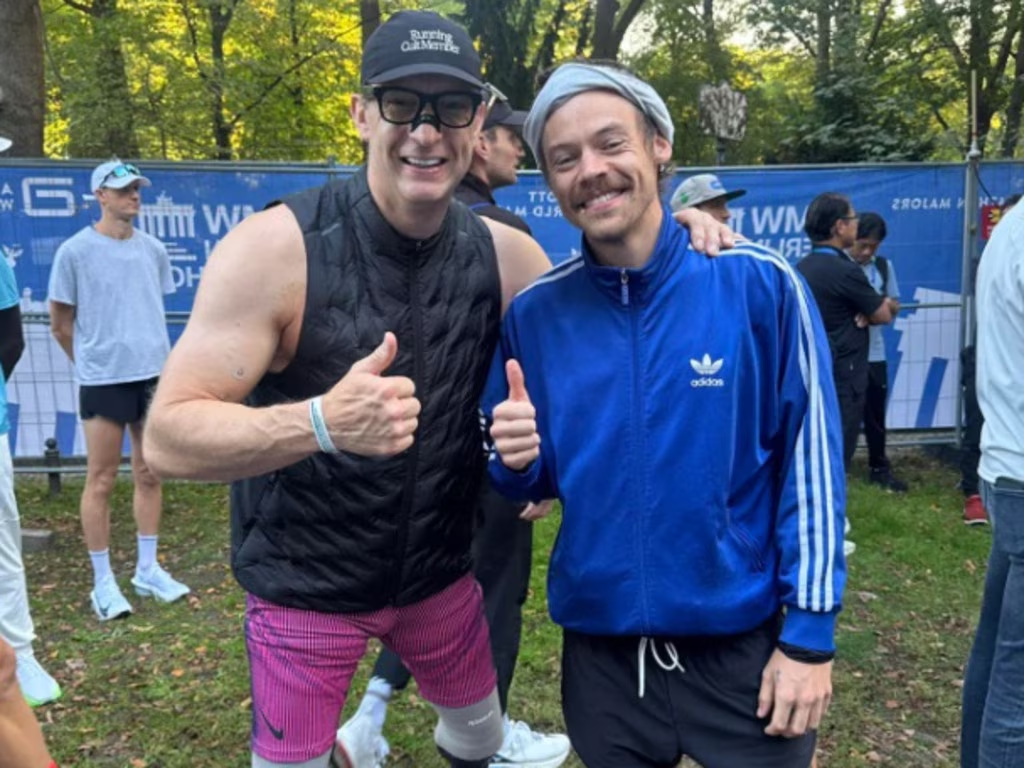Find Your Voice

February 23, 2018
The University of California, Berkeley, sits in the heart of the great city of Berkeley, California, overlooking the San Francisco Bay. The university contains a campus of beautiful architecture, breathtaking views, and imaginative students with the potential of creating a better tomorrow. The school’s motto, “Fiat Lux”, is Latin for “let there be light” and is strongly upheld by the student body. The school is known for shedding light on the darkest of topics; whether it is social issues or political movements, it is easy to find Berkeley students in the eye of the storm. Though, I never expected to find other Santiago students or myself, to be the ones controlling the storm.
On February 8th, 2018 the 20th annual Teens Tackle Tobacco, Alcohol, Drugs, and Youth Wellness Conference was held at the Clark Kerr Conference Center on the campus of UC Berkeley. The theme was “Find Your Voice”, and my opportunity as a youth presenter allowed me to do just that. The Corona-Norco Unified School District invited Santiago High School’s Gender-Sexuality Alliance (GSA) club officers and members to speak at their conference. Our topic was “Maximize Your Voice: LGBTQ+ Clubs”, and the presenters were Sadie Gomez, Phelan Flynn, Catherine Luu, Erin Yaney, Wendolyn Ojeda, and myself.
We focused on the fact that LGBTQ+ students are using tobacco at greater percentages than non-LGBTQ+ students. In order to do this, we unpacked the messages tobacco companies utilize to target the LGBTQ+ community. To offer a solution, we discussed how creating safe spaces at schools for LGBTQ+ students, like clubs, can decrease LGBTQ+ tobacco use as well as a handful of other issues. Moreover, we showcased several ways our GSA had made connections with LGBTQ+ students and allies to create a positive place for all students at a school. Though we hoped we would be able to connect with our audience on some level, we never expected the reaction we received.
Before our presentation, my group thought no one would show. We were the only group covering minority topics and one of the only groups of youth presenters. When people hear “LGBTQ+” or anything associated with it, they tend to have misconceptions that drive them away. With “LGBTQ+” printed boldly in the title of our workshop, we were prepared to speak to an empty room. We prepared ourselves for the worse, thinking that if anyone did come, their hearts would be full of hate. To our surprise, at 11:15 (ten minutes before our presentation began), the room became flooded with people. People as young as middle-schoolers came and so did adults. They wore kind faces and seemed to be genuinely interested in what we had to say.
When the presentation began, we were all slightly nervous, expecting harsh comments or interruptions when people did not agree with the statistics. After we introduced ourselves and the topic, a girl raised her hand and said, “Excuse me? My friend is too embarrassed to say anything, but we think you’re all very attractive.” Others nodded their heads in agreement and mumbling arose.
Before I could respond, Catherine, one of my fellow presenters, replied, “Thank you! We think you’re all very attractive too!”
Much of the audience smiled and students made positive remarks about our presentation, saying things such as “I already like this group” and “this is way better than the last presentation.”
From there, we covered the objectives of our presentation, the statistics, and played a game of true or false. Many people seemed astonished by the surveys we provided, but everyone was too kind to protest. Even when we came across topics not everyone understood, they were kind enough to respectfully ask questions, something we rarely encounter on our own campus. Everyone allowed us to share our information without insulting us or blaming us for the issues we face. To every one presenting, the kind of acceptance and respect we received was unheard of. We receive diverse forms of hate from students we know on our own campus. Having strangers treat us like human beings, instead of a stereotype, was refreshing.
Towards the end of the presentation, when we began to share our own personal stories on how Santiago’s GSA has affected us, the room grew with positivity. The room would break out into cheers when someone did something as little as share their identity. At our own school, we’ve been booed or yelled at. Though Berkeley is often painted as a progressive campus, these students weren’t from there. These people were from all over California and were composed of all age groups. The positivity we received wasn’t because they were liberal college students – it was because they were open-minded people.
After the presentation was over, students came up to us and asked a wide range of questions that were not only respectful but sophisticated as well. One student asked about our thoughts on whitewashing in the LGBTQ+ community, while another man asked what makes our club so successful. We even had students ask us how they can create a GSA on their campus and we exchanged contact information to provide assistance.
When we returned from the trip, we received the anonymous comment cards the audience filled out. All of them were full of kind comments, even though they were anonymous. At Santiago, we often receive threatening notes and hate speech, even though the whole goal of our club is to make the campus positive for all students without harming anyone in the process. Having complete strangers listen and respect our perspectives and experiences was shocking.
After giving us the best ratings possible, one audience member wrote “Amazing. (I) learned and feel better about myself now that my knowledge has expanded, not just about myself.” Another person commented “I really liked it. I think it helped me a lot hearing some of their stories, and seeing how some of theirs relate to mine.”
Some comments weren’t even about our presentation but instead focused on the presenters. One person wrote, “How are they all so beautiful?” Other comments fell along the same lines.
The other presenters and I went to the Teens Tackle Tobacco, Alcohol, Drugs, and Youth Wellness Conference at UC Berkeley expecting to be confronted with negativity at any moment, but instead received a wonderful experience we would never be able to find on our own campus. The University allowed us to shed some light on important issues regarding the LGBTQ+ community and connect with strangers, serving as a powerful reminder that no one is truly alone.











